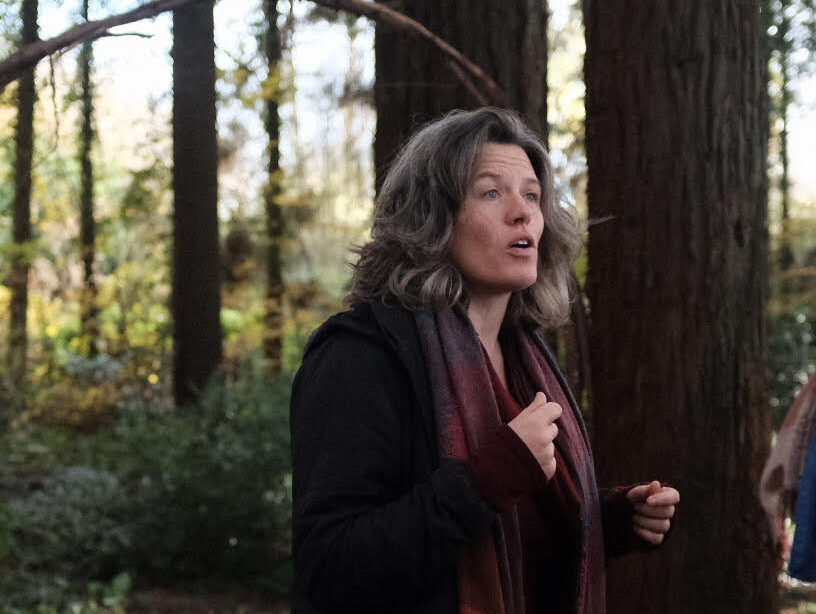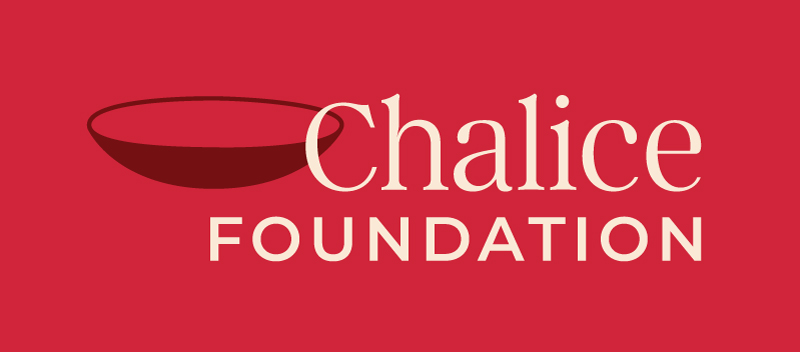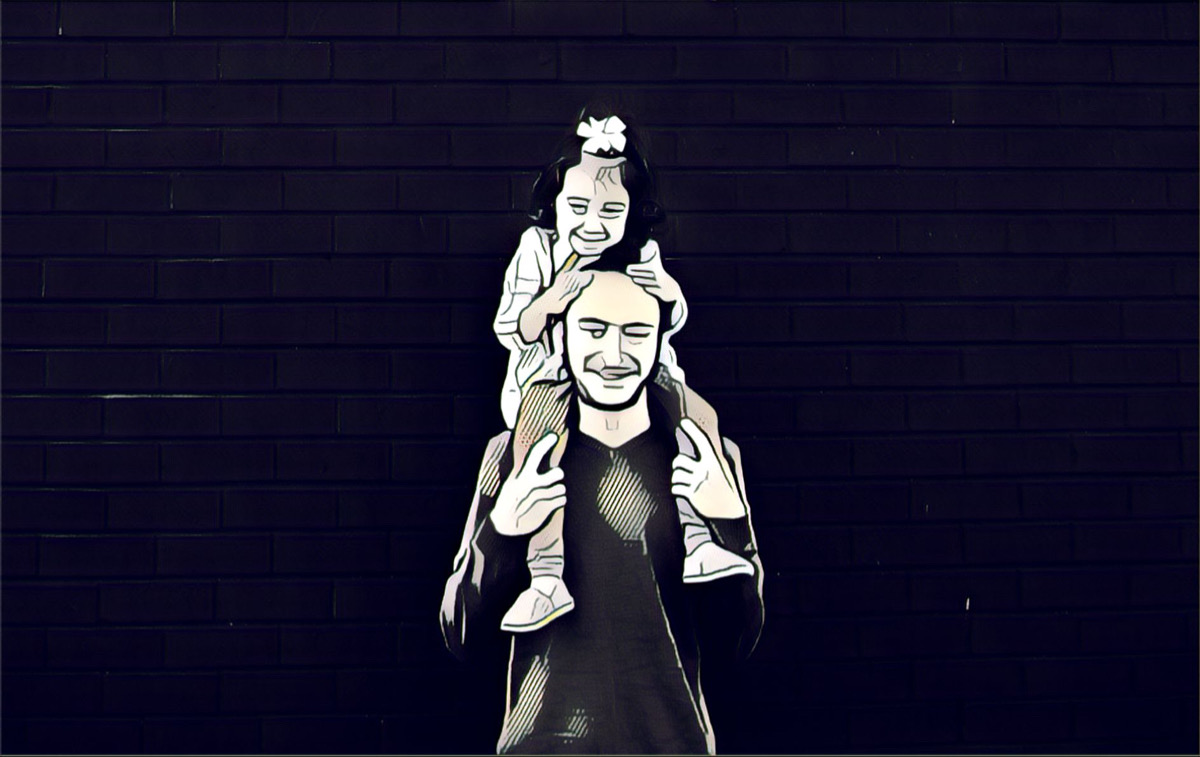This week on The Leak, Victoria Dufour-Cox explores the concept of ‘innocence’ and its impact on decisions about when is the right time for girls and young people to receive menstrual cycle education.
I often hear something like this: “She is not ready yet, she is so innocent.”
Could the fears over the loss of innocence in children be a barrier to timely menstrual education that is showing up in the following statistics?
‘One in seven girls (14%) report that they didn’t know what was happening to them when they started their period, while more than a quarter (26%) didn’t know what to do. With many young people lacking a good understanding about menstruation, myths and taboos are allowed to flourish whilst for some young people, a lack of understanding can lead to unresolved health problems.’ Plan International UK
Are we confusing menstrual cycle education with sex education? If yes, that’s so understandable as in our schools it is very often lumped under Sex Education; and only presented in association with conception.
Or, it may be that the beginning of biological sexual development in our children sends us into a panic because we think they don’t have the psycho-social maturity to deal with it. ‘It’ being the whole shebang.
Or are we worried that by starting menstrual cycle education and awareness ‘early’ this would carry the risk of somehow corrupting them?
Or is the ‘innocence’ that we cherish hiding another agenda, such as our grief over seeing our children growing more independent?
Are we perhaps idealistic about our children’s ‘innocence’?
For parents it’s worthwhile considering what the concept of ‘innocence’ means for you, and how does it play out in your relationship and communication with your daughter?
The consequences of our ideas about ‘innocence’ can impact both access to menstrual cycle education and our parent-child relationship in the following ways.
For me, the most worrying part is that children are not provided early enough with the menstrual cycle education necessary for them to understand and have agency over their changing bodies; putting them at risk of having a more confusing, isolating and potentially traumatic experience during their menarche, when their first period arrives.
If we are only able to meet our daughter’s crossing the threshold from early childhood to late childhood with fear; why would they want to share the experience of their first bleed with us? In an environment of fear how could we expect this time to be comfortable for them?
In putting off rolling menstrual preparation discussions for the sake of innocence; we may notice that our ‘innocent’ children have started their own process of individuation, looking outwardly for answers, and noticing the unspoken shame surrounding the topic. We have unconsciously reinforced the idea that we should stay silent about menstrual experiences and these should remain unspoken and be navigated alone. Thus the taboo thrives in the good name of ‘innocence’.
If we keep identifying our daughters with ‘innocence’ we run the risk of making them feel wrong or that they have somehow offended us simply by growing up; not being loveable anymore because of their changing bodies (over which they have no control). If we are not ready to acknowledge our children’s maturation and support them openly in this, we will lose the opportunity of a positive, proactive role as guide in this and further maturation.
What can we do to prepare ourselves, and our daughters, as they enter late childhood?
As a parent by reflecting on:
- How are we feeling about our children growing up? Is there grief? Fear? Do we doubt our skills to meet what’s next?
- How does our own experience of growing up influence how we approach our own children’s threshold?
- How does menstrual shame rise in ourselves and how is it expressed?
This is what I recommend to parents:
- Have conversations about changing bodies from an early age to normalise these conversations, focusing on all the amazing things our bodies do for us.
- Share your own experience of what it was like being an 8 / 9 / 10 years old.
- Get photos out of yourself at that age for a moment of giggles and connection; discussing the difference between now and then.
- Share memories of early childhood and celebrate the changes in the person that your daughter is becoming so she can feel seen and loved in that very transformation.
Bring in menstrual cycle education earlier rather than later – from 8 years old or earlier if you can in many short rolling conversations over time, nurturing that growing awareness. The earlier you start, the easier it is for your child’s curiosity and maturity to flow naturally.
And remember, menstrual cycle education is body literacy, NOT sex education. No matter what her future sexual interest, preferences or experiences may be, or for that matter no matter what sex education she receives, she will have a menstrual cycle (most likely) and good preparation can have a profound effect on how well this goes for her.
The important question now is: do we still want to subscribe to protecting ‘innocence’ when body sovereignty and menstrual cycle education is at stake?
Is our concern for what we mean by ‘innocence’ in service of a child growing up?
My understanding of the word ‘innocence’ in relation to a child lies in their curiosity and ongoing questioning on any topic because they have not been shamed, dismissed or told off (overtly or inadvertently) for bringing their questions to you and others surrounding them.
It is in this kind of shame-free curiosity that so much wonderful knowledge can be passed on. So it is in that very ‘innocence’ that topics such as the menstrual cycle and body literacy and period preparation can be so beautifully brought up.
And finally, let’s have loving compassion for ourselves as parents who have grown up in a culture riddled with menstrual shame; leaving us generally uninitiated, uneducated on menstrual cycle health and wellbeing, unguided by positive role models and so often still isolated regarding all things menstrual, including our own perimenopause and menopause experiences. What kindness, education or support do we need for ourselves as a first step?

Victoria Dufour-Cox
I’m Victoria, founder of Nature & Me. I am an educator, facilitator, coach and trainer in Menstrual Cycle Awareness and Youth Empowerment.
My role as an active culture maker is to unveil, challenge and break taboos by bringing new narratives alive in our communities on living with a menstrual cycle.
I am passionate about girls and young people receiving support and knowledge about their changing bodies; allowing them an educated choice and an empowered start on their journey to adulthood.


